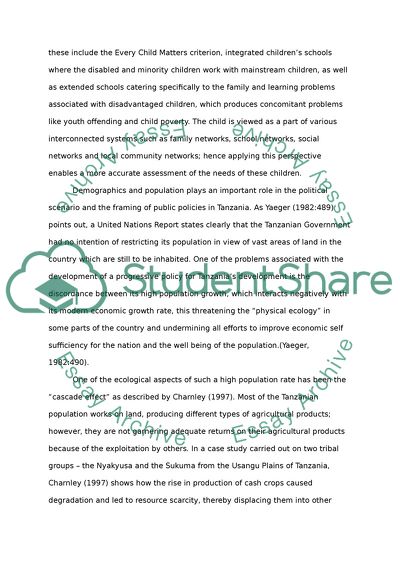Cite this document
(Continuity and Change in Family Arrangements in Tanzania and the UK Essay, n.d.)
Continuity and Change in Family Arrangements in Tanzania and the UK Essay. https://studentshare.org/politics/1745111-continuity-and-change-in-family-arrangements-in-tanzania-and-uk
Continuity and Change in Family Arrangements in Tanzania and the UK Essay. https://studentshare.org/politics/1745111-continuity-and-change-in-family-arrangements-in-tanzania-and-uk
(Continuity and Change in Family Arrangements in Tanzania and the UK Essay)
Continuity and Change in Family Arrangements in Tanzania and the UK Essay. https://studentshare.org/politics/1745111-continuity-and-change-in-family-arrangements-in-tanzania-and-uk.
Continuity and Change in Family Arrangements in Tanzania and the UK Essay. https://studentshare.org/politics/1745111-continuity-and-change-in-family-arrangements-in-tanzania-and-uk.
“Continuity and Change in Family Arrangements in Tanzania and the UK Essay”. https://studentshare.org/politics/1745111-continuity-and-change-in-family-arrangements-in-tanzania-and-uk.


